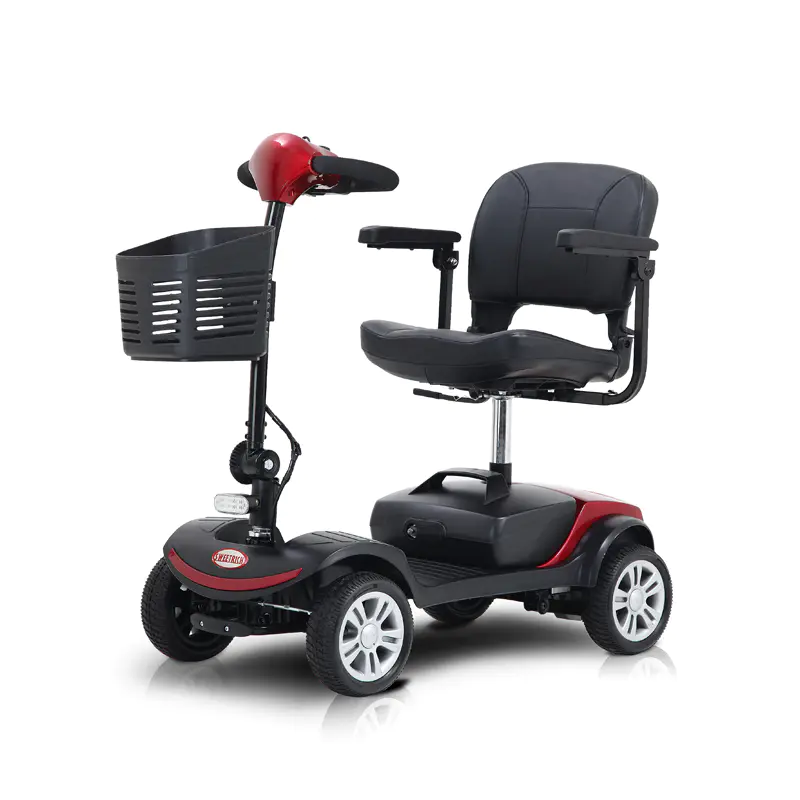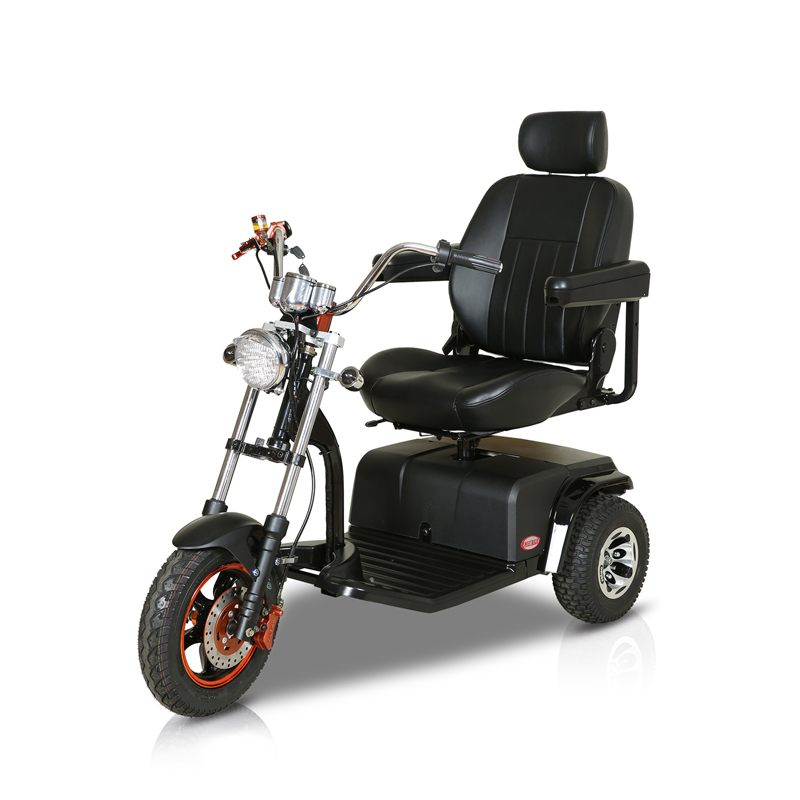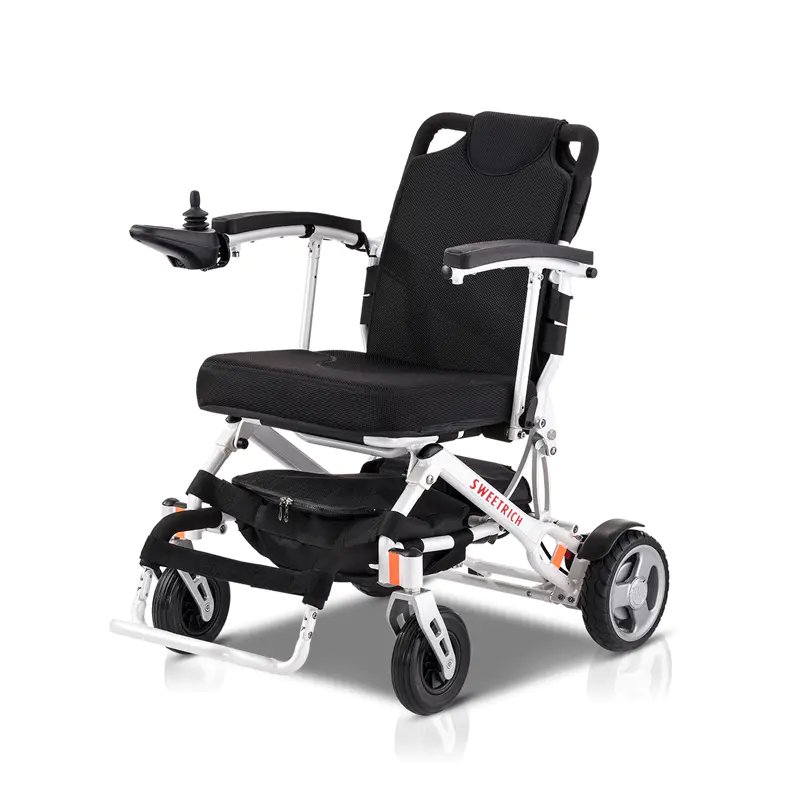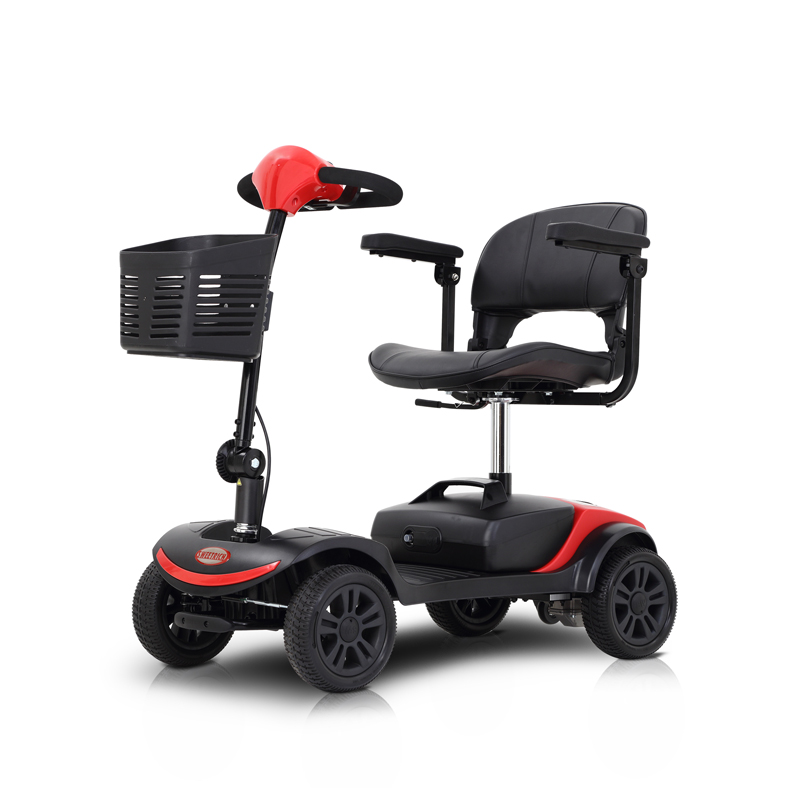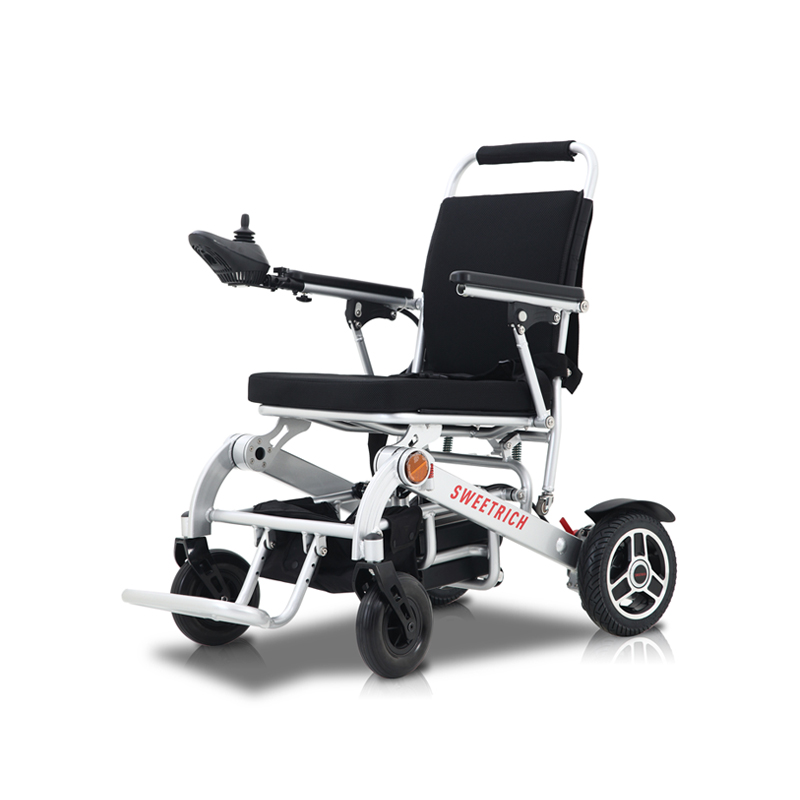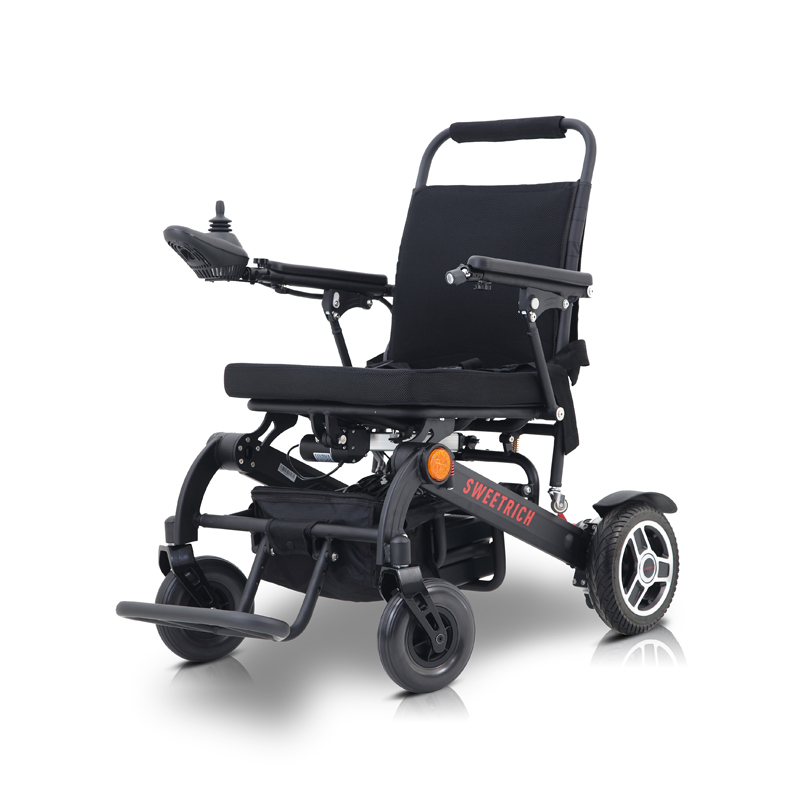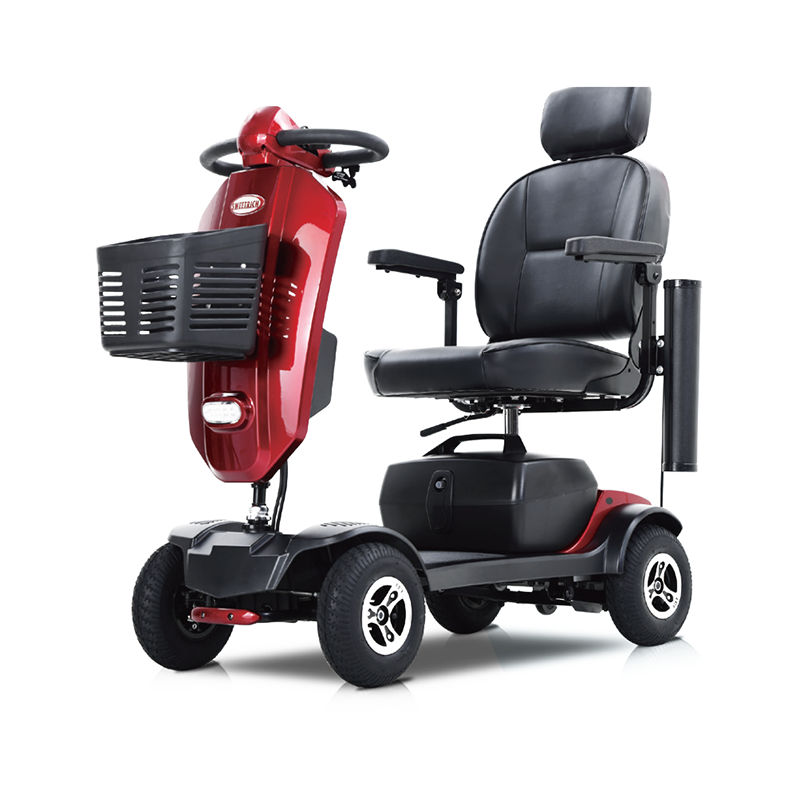How to Choose the Right Electric Scooter
Choosing the right electric scooter requires understanding your personal needs, usage environment, and features that provide comfort, safety, and convenience. Electric scooters are designed to enhance the independence of people with mobility impairments, and choosing the right model ensures a smooth, reliable, and enjoyable experience.
Defining the Two Main Categories
Before diving into a detailed comparison, it's essential to understand the fundamental characteristics that define lightweight and heavy-duty power wheelchairs.
What is a lightweight electric mobility scooter?
A lightweight electric mobility scooter is a personal transportation tool designed to help people with mobility impairments travel safely and independently. Unlike standard or heavy-duty mobility scooters, lightweight scooters prioritize portability, ease of use, and convenience, making them suitable for various everyday environments, from indoors to outdoor sidewalks.
What is a heavy-duty electric mobility scooter?
A heavy-duty electric mobility scooter is a rugged and durable personal transportation vehicle that provides greater stability, durability, and load-bearing capacity for users with mobility impairments. Unlike light-duty scooters, heavy-duty scooters are designed to handle more demanding conditions, such as rugged terrain, longer travel distances, and heavier loads, making them suitable for both indoor and outdoor use.
Key Factors to Consider When Choosing a Mobility Scooter
Choosing the right electric mobility scooter, whether lightweight or heavy-duty, requires careful consideration of your individual needs and intended use. Understanding these key factors helps ensure comfort, safety, and convenience for your daily commutes.
Lifestyle and Primary Usage Environment
Consider where you will often use your electric mobility scooter. Indoor spaces, outdoor roads, or mixed environments will all influence the type of scooter suited to your needs. Scooters designed for urban environments may prioritize maneuverability and compact size, while those designed for outdoor use may prioritize stability and durability.
Weight Capacity and User Size
The user's weight and body size are important factors when choosing a mobility scooter. Ensuring the scooter can comfortably support the user helps maintain safety and long-term durability. Some mobility scooters are specifically designed to support greater weight without compromising stability or performance.
Battery Range and Travel Distance
For electric wheelchairs, understanding the expected battery range is crucial for planning daily commutes. Consider how far you typically need to travel on a single trip and whether the scooter can maintain reliable performance over that distance. Efficient energy use and convenient charging methods can significantly enhance your daily mobility experience.
Maneuverability and Turning Radius
Ease of maneuverability is crucial for a good user experience. The wheelchair's maneuverability, including turning radius and responsiveness, should be matched to your environment. Wheelchairs with a small turning radius are ideal for indoor or confined spaces, while models designed for wider aisles may prioritize smooth handling over agility.
Comfort and Seating Options
User comfort is a key factor influencing wheelchair satisfaction. Ergonomically designed seats, adjustable backrests, armrests, and cushions improve posture, reduce fatigue, and extend usage time. Customizable seat features ensure the wheelchair can adapt to the user's body type and personal comfort preferences.

How to Choose the Right Transportation Solution?
Choosing the right transportation solution is crucial for maintaining independence and improving quality of life. Whether you're considering a lightweight electric scooter or a more robust and durable heavy-duty model, you must weigh the many factors that influence comfort, ease of use, and long-term satisfaction.
1. Assess Your Lifestyle and Daily Needs
The step in choosing the right transportation solution is to consider how you plan to use it daily. If your daily activities involve navigating crowded shopping malls or busy streets, a lightweight electric scooter may be the choice. However, if you need to handle longer distances or more challenging terrain, a more stable and powerful heavy-duty electric scooter may be more suitable.
2. Consider Weight, Portability, and Storage
A major advantage of lightweight electric scooters is their ease of transport. If you need a scooter that can easily fit into your car or be carried on trips, a lightweight design may be ideal. On the other hand, if portability is not a primary consideration, and you need a more powerful scooter for long journeys, a heavier model may offer the durability and performance you require.
3. Assess Comfort and Support
Comfort is key when choosing an electric mobility scooter, as you'll likely be using it for extended periods. Look for features such as an adjustable seat, padded armrests, and ergonomic design, which reduce fatigue and improve riding comfort. A suitable scooter should support your posture, especially if you plan to use it for daily commutes or long trips.
4. Battery Life and Range
Another important factor is the scooter's range on a single charge. If you plan long trips, an electric mobility scooter with a larger battery capacity will ensure you reach your destination without frequent charging. On the other hand, if your trips are shorter, a smaller battery capacity scooter may suffice; it's lighter and more affordable.
5. Handling and Flexibility
Consider how easy it is to maneuver the electric mobility scooter in the environments where you need it. Some electric mobility scooters are designed for tight spaces and small turning radii, which is beneficial for indoor use or navigating congested areas. If you need to ride on uneven or rough roads, choose an electric mobility scooter with durable wheels and a stable frame to ensure a safe and smooth ride.
6. Durability and Long-Term Use
Investing in an electric mobility scooter is a long-term decision, so durability should be a primary consideration. A high-quality electric mobility scooter should withstand daily use and maintain good performance over a long period. Consider the vehicle's construction materials, frame strength, and whether it is durable enough to withstand the wear and tear from frequent use.
7. Budget Considerations
Choosing an electric mobility scooter is an investment in your independent lifestyle, but balancing personal preferences and budget is crucial. Electric mobility scooters on the market range widely in price, so finding a model that meets your needs and stays within your budget is essential. When evaluating various options, be sure to factor in daily maintenance costs such as battery replacements or tire maintenance.

